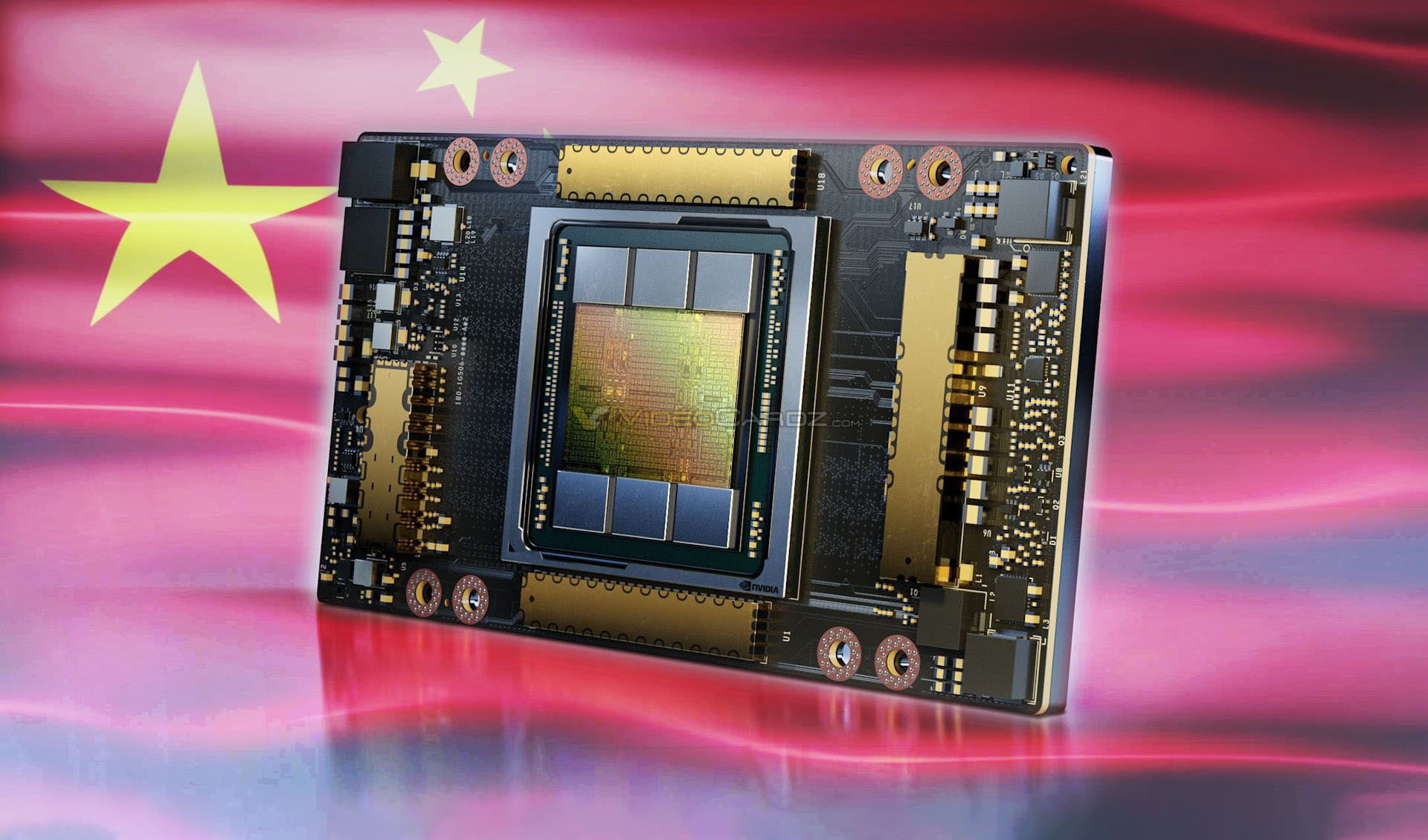Chinese internet giants, including Baidu, ByteDance, Tencent, and Alibaba, are aggressively pursuing the acquisition of high-performance Nvidia chips to build generative artificial intelligence systems. These companies have collectively placed orders worth $1 billion to obtain around 100,000 A800 processors from Nvidia, with delivery expected this year. Additionally, they have purchased an additional $4 billion worth of graphics processing units (GPUs) from Nvidia, set to be delivered by 2024.

The A800 chips are a modified version of Nvidia's advanced A100 GPU, tailored specifically for data centers. Due to export restrictions imposed by the United States last year, Chinese tech firms are limited to purchasing A800s, which have slower data transfer rates compared to A100s. However, as the demand for AI continues to grow, Nvidia's GPUs have become highly coveted by major tech companies worldwide, as they offer substantial computing power for the development of large language AI models.
One of the primary factors driving the rush to stockpile A800 chips by Chinese internet groups is the concern that the Biden administration may introduce new export restrictions that could encompass even the weakened Nvidia chips. Furthermore, there is a broader GPU shortage in the market due to overwhelming demand.
In response to Washington's recent announcement of a ban on some US investments in China's quantum computing, advanced chip, and artificial intelligence sectors, Chinese companies are taking steps to develop their own in-house large language models. This initiative comes after the success of Microsoft-backed OpenAI's ChatGPT chatbot, which was released eight months ago.
ByteDance, for instance, has multiple teams working on various generative AI projects, including an AI chatbot codenamed Grace, currently undergoing internal testing. The company had already stockpiled at least 10,000 Nvidia GPUs and has ordered an additional 70,000 A800 chips for next year, amounting to around $700 million.
Similarly, Alibaba plans to integrate its large language model into various products, including its online shopping platform, Taobao, and its mapping tool, Gaode Map. Baidu is also working on its own ChatGPT-like project called Ernie Bot.
When approached for comment, Baidu, ByteDance, Tencent, and Alibaba declined to provide details. Nvidia, on the other hand, stated that consumer internet companies and cloud providers frequently invest billions of dollars in data center components, often placing orders well in advance.
Earlier this year, Chinese internet giants had very limited stocks of chips suitable for training large language models — usually fewer than a few thousand chips. As demand has surged, the price of these chips has skyrocketed, with distributors reporting a price increase of over 50% for the A800.
In April, Tencent Cloud introduced a new server cluster powered by the Nvidia H800 GPU, a modified version of the H100 model specifically adapted for the Chinese market. Alibaba Cloud has also received numerous H800 chips from Nvidia and has been contacted by many customers seeking cloud services powered by these chips for replicating ChatGPT in China. ByteDance, meanwhile, offers cloud computing devices equipped with stockpiled Nvidia A800 and A100 chips and launched a platform in June for companies to experiment with different large language models.







